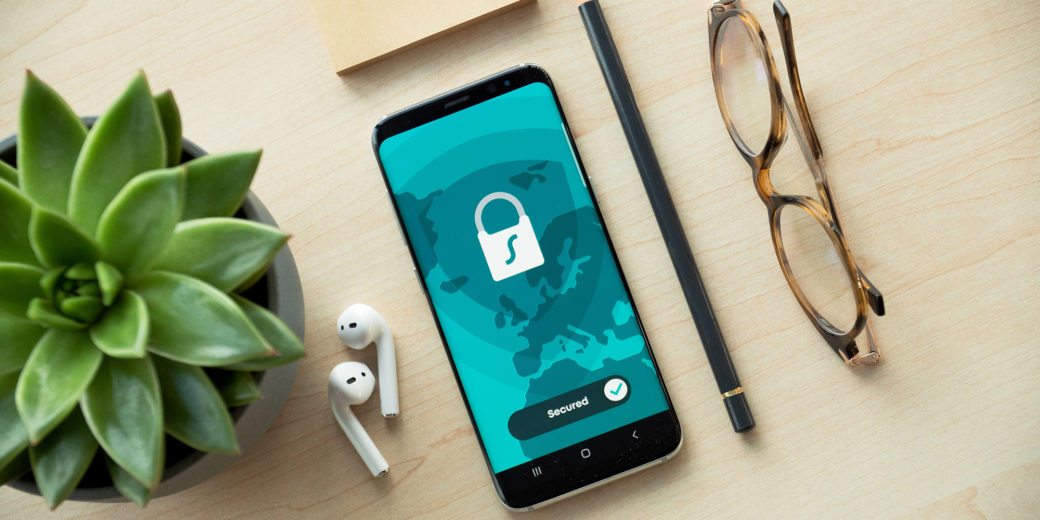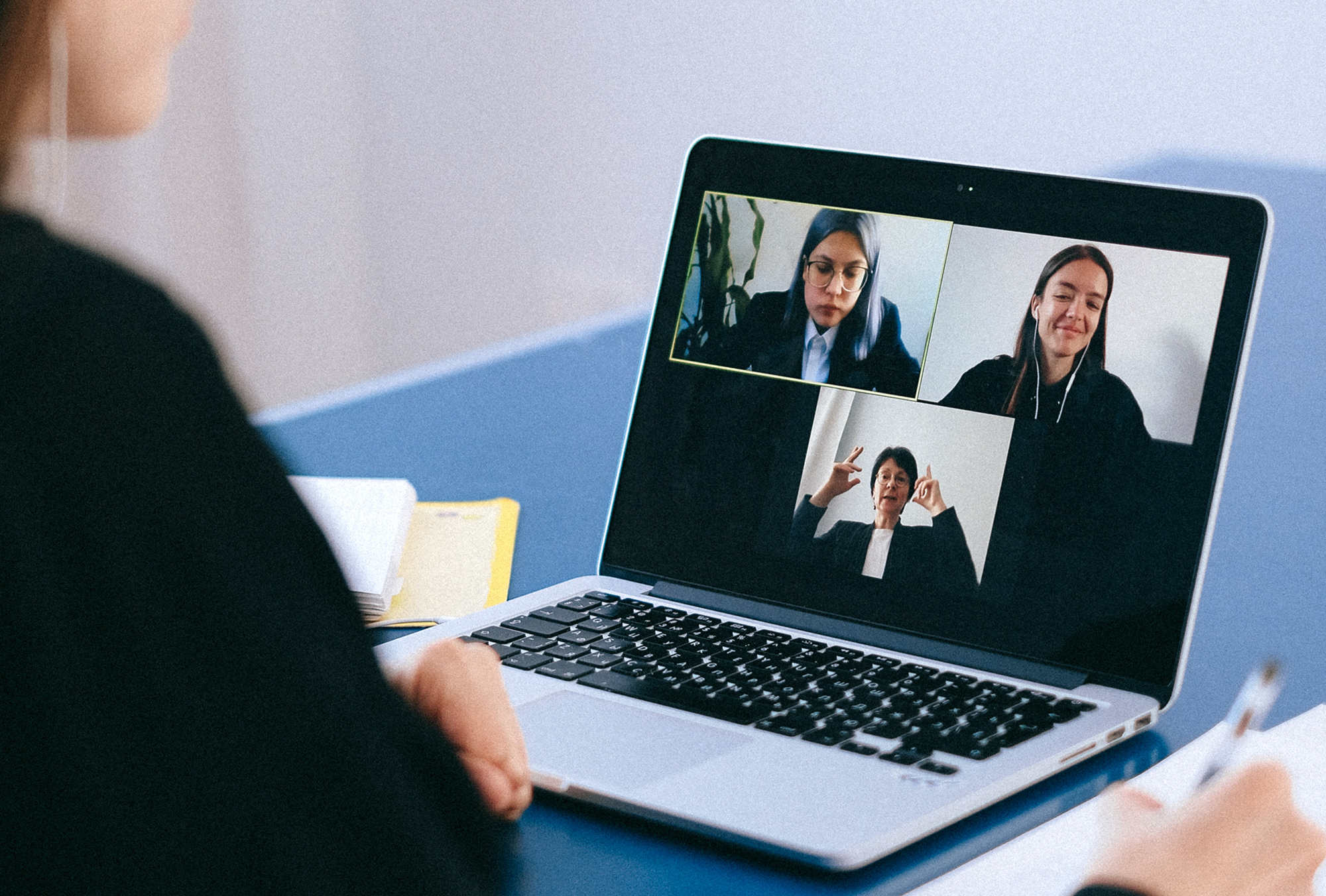Privacy: Being Careful Versus Paranoid

In the digital age, it is easy to feel as though privacy is obsolete. Many people continuously post updates about their days without considering the necessary security measures to protect their identity. However, while some do not worry enough about their privacy, others can become a little paranoid about their online presence and activity. Where do you sit on the spectrum of security and paranoia?
A quick sidebar, what many people consider paranoid today, might be standard practice tomorrow. Online security is always evolving. However, regardless of the vernacular, there are some things that you may want to start doing if you don’t already to ensure your safety online.
Use Privacy Settings
If you are an avid user of social media or even someone who only uses it to get pictures of the grandkids, make sure you set your accounts to private. While it is a simple action, using privacy settings on social media helps ensure that only your friends and family can access what you post or share. Without enabling these features, you essentially share every post with the entire world, and for identity thieves, birthday wishes, house parties and other messages are enough to ruin a life.
Limit Details Within Social Media Posts
Even if you use privacy settings, it is an excellent idea to limit the details within a social media post. You want to avoid posting location details or vacation dates. Also, limit the amount you share about important dates. While sharing updates with friends and family is fine, use a more secure messaging application or call. Do not allow vagrants or criminals easy access to sensitive information, like posting when you are away from your house.

[insert page='Offer' display='content']
Turn Off Location Services
Many people do not turn off their location services when using social media applications. The location features not only allow you to identify nearby landmarks, but these services also pin the sites of photos you post, meaning that people can see exactly where you are when you update your accounts or post pictures. Putting this information on display is a catnip for bad actors.
Configure Browsers To Delete Cookies
Every time you are online searching Google or visiting websites, you are leaving a trail behind. Cookies are pieces of code that make using sites more straightforward and efficient, but they also store personal information. Therefore, you need to weigh the convenience against the security risk. Some people prefer to embrace the added secure over the minor convenience. If you want more security, look in your browser settings and configure it to delete your cookies after your internet session.
Consider Blocking Your Laptop Camera
Some may find the last suggestion a little paranoid, but recent events lend credibility to the need. Your computer camera is a gateway to your home. Many people feel that it is safest to block the camera with tape or another cover. In recent years, schools, companies, and lovers have been sued for privacy invasion after hacking into laptop cameras. Despite the argument that such behavior is paranoid, covering webcams does seem like a legitimate security measure, mostly when you do not own the device or have shared access.
With the constant evolution of digital security measures, there is a fine line between safety and paranoia. While the precautions listed here often some insight into fundamental online protection, it is not an exhaustive list. For more information, keep reading Wise Ol’ Crow.

